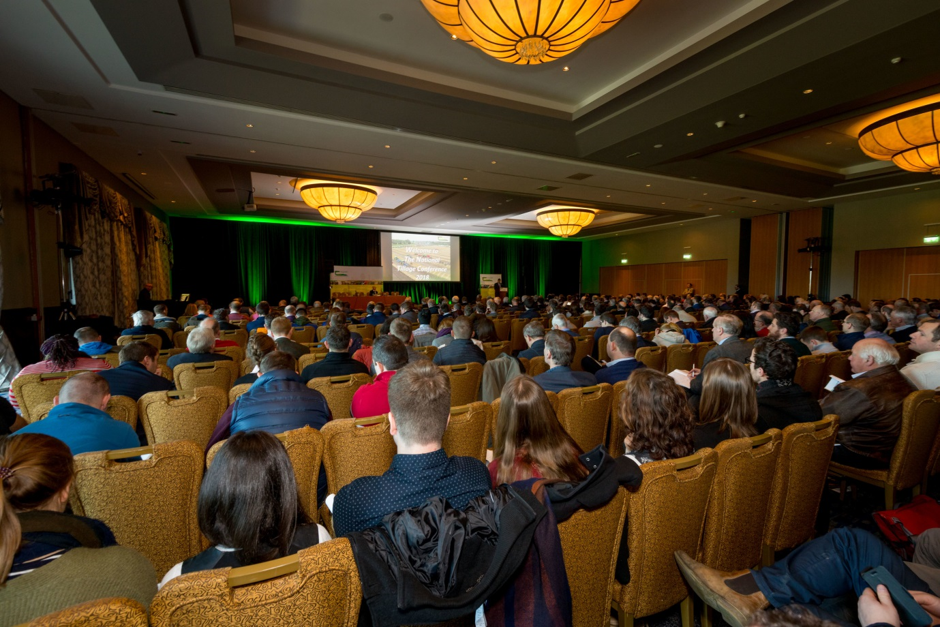The tillage sector is the lowest contributor of greenhouse gas emissions in Irish agriculture.
Tillage farmers, and those involved in the sector, are not only keen to highlight this fact, but to challenge themselves to become more environmentally sustainable into the future.
The upcoming Teagasc National Tillage Conference on Wednesday, January 29, in Kilkenny is looking at the latest information from research in Johnstown Castle and Oak Park on how the tillage sector can build on its current environmental practices.
The role of cover crops, to capture and store soil nutrients and to improve soil structure will be discussed against the demands of future sustainability goals as will the rotational options heading into spring 2020.
The tillage sector faces significant risks posed by the loss of important chemistries for pest/pathogen control and the need to further enhance sustainable practises.
The 2020 tillage conference will provide up-to-date outputs from research investigating the management of fungal and viral cereal diseases plus the importance of genetics in breeding more nutrient efficient and stress resilient varieties.
Integrated Pest Management (IPM) is an intelligent crop management system based on the coordinated use of multiple control agents and other control factors to maintain pest and pathogen populations in a way that minimises economic, environmental and health risks.
Specifically at the Teagasc conference, growers will hear how IPM is critical for managing pyrethroid resistance in aphids.
Next Generation Teagasc Crop Report
A specific workshop will see the launch of the next generation Teagasc Crop Report which will allow users to personalise the online platform to provide rapid access to agronomist strategies, the latest research and collated ag-chemical product information.
As growers assess the existing wheat, barley and oat crops in the ground and how they came through the winter period, detailed crop, costs and returns for spring crops will be outlined by Teagasc crop specialists to assist growers make their planting decisions this Spring.
Dr. Ewen Mullins, head of the Crops Research Department in Teagasc Oak Park, urged all tillage farmers to attend the Teagasc National Tillage Conference on Wednesday, January 29, in the Lyrath Convention Centre, Co. Kilkenny.
- Outputs from VICCI – The Virtual Irish Centre for Crop Improvement;
- Applying novel breeding approaches to tackle cereal diseases;
- The challenge of grass weeds: Co-developing solutions for Ireland;
- Enhancing the agronomy and management of beans.
The conference concludes with a panel discussion involving: Rob Coleman, a tillage farmer from Castlemagner, Co. Cork; Dermot Forristal, Teagasc Oak Park; John Crowley, a tillage farmer from Ferns, Co. Wexford; and Michael McCarthy, Teagasc.
To learn more, further information can be obtained from the Teagasc website here.

